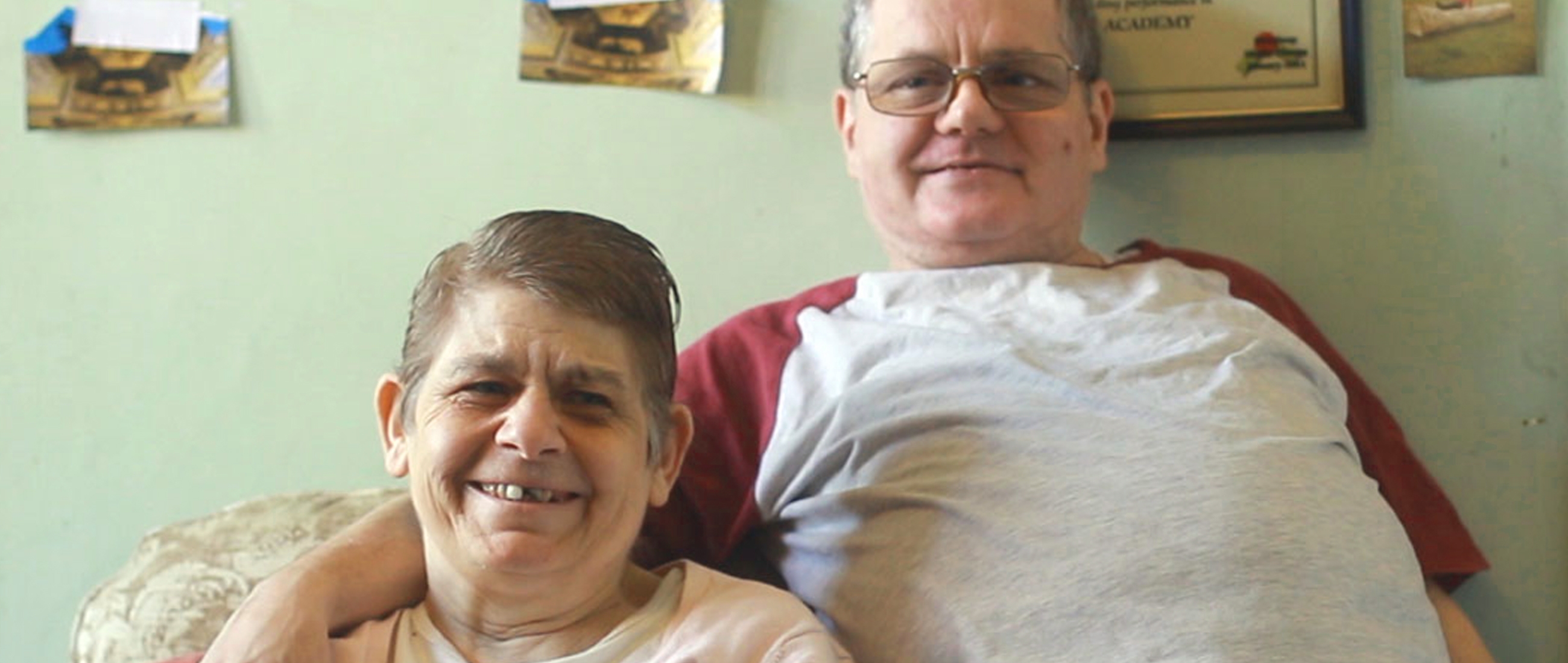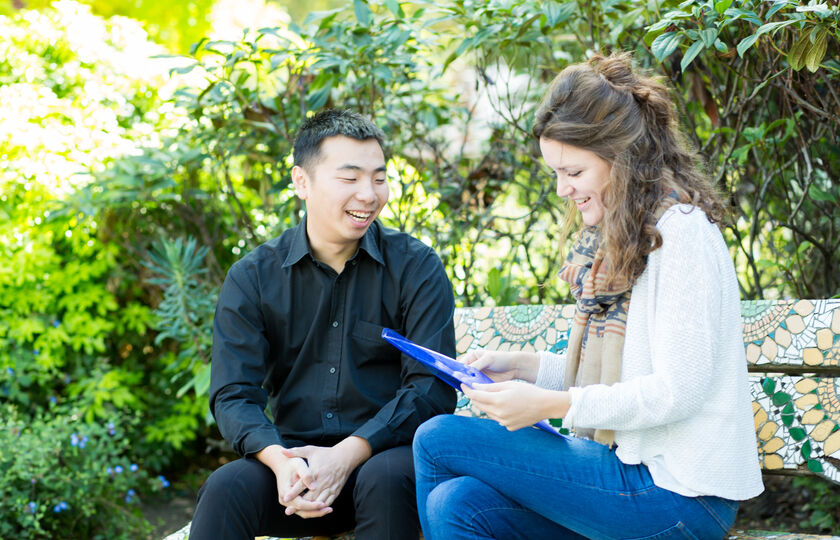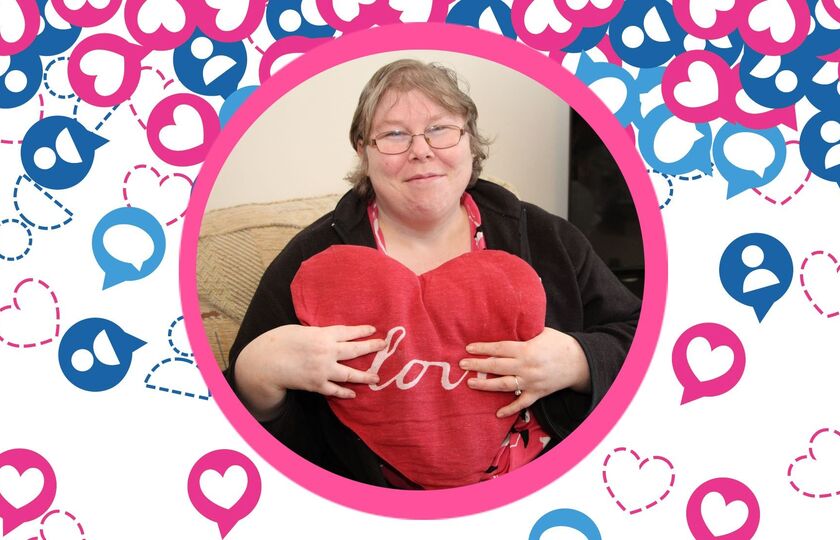Real life stories
Relationships

“Moving in together was one of the best decisions we ever made.” This is how Neval and Mark still describe their relationship after 10 years of living together.
Neval had been living on her own and getting daily support from her staff but sometimes her loneliness made her cry. Mark was also living alone following the death of his first wife. They had met and formed a close friendship at a day service for people with learning disabilities. Mark said he did not expect to find love again after losing his wife. Neval in her own words had been ‘put off a bit’ after bad experiences with previous boyfriends.
Although they were very much in love, at the beginning Neval and Mark couldn’t spend much time together. They lived far from each other and Neval doesn’t travel alone. So, their relationship could not really progress. These types of barriers can easily happen for people with learning disabilities.
Neval’s keyworker realised Neval wasn’t happy and raised the possibility of the couple living together. After some discussion they decided that this was what they wanted to do. Neval’s staff worked hard offering emotional and practical support to help her with the move into Mark’s flat.
In the same way as any other couple, Neval and Mark didn’t know if their new relationship was going to survive. But the move proved successful for them both. They still live together today as loving partners and have left their loneliness behind them.
While Mark receives support from another organisation, Neval gets 18 hours support a week from Choice Support. We believe people with learning disabilities and/or autism should be able to enjoy the same sexual and romantic freedoms as everyone else. But it’s challenging, because although relationships can be wonderful, enriching and life-enhancing, they are also sometimes difficult, painful and even abusive.
We recognise our responsibility in this and both Neval and her staff can access our relationship training if they need it. Neval confides in some members of her staff, we raise any concerns we may have with Mark’s supporters, so the couple are supported through the highs and lows of their emotional relationship. They also get help with their everyday chores such as paying bills, completing forms, cooking, shopping, cleaning, personal care, housing issues and making and attending appointments. This enables them to remain living together independently.
Leading a full and happy life means different things to different people. But to many people their closest relationships, love for family, partner and their friends are some of the most important things in their lives.
We funded our Quality Analyst Dr Claire Bates to complete a doctorate researching why it is that forming and maintaining relationships is so hard for people with learning disabilities. She found that in many situations it was good staff support that made the difference. Supported Loving was our response to these findings. Supported Loving is a human rights-based campaign, with associated network meetings, hosted by Choice Support.
You can find out more about Supported Loving below.




